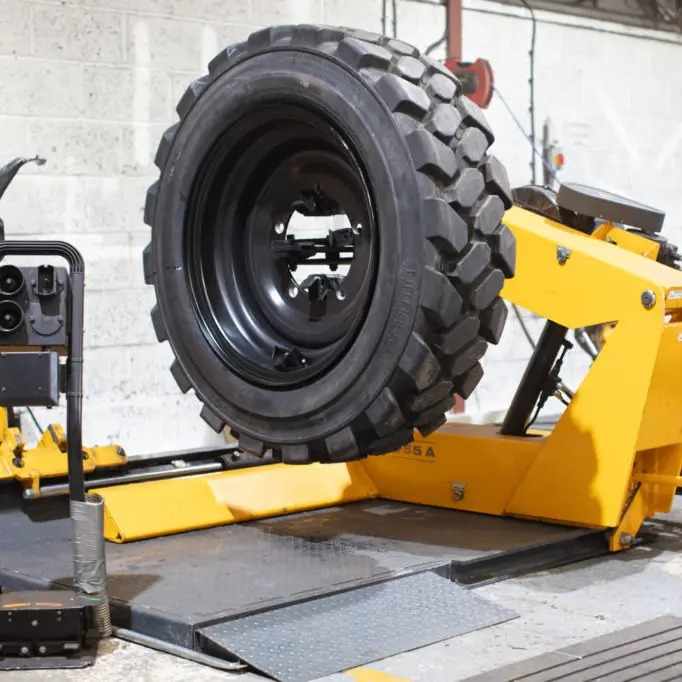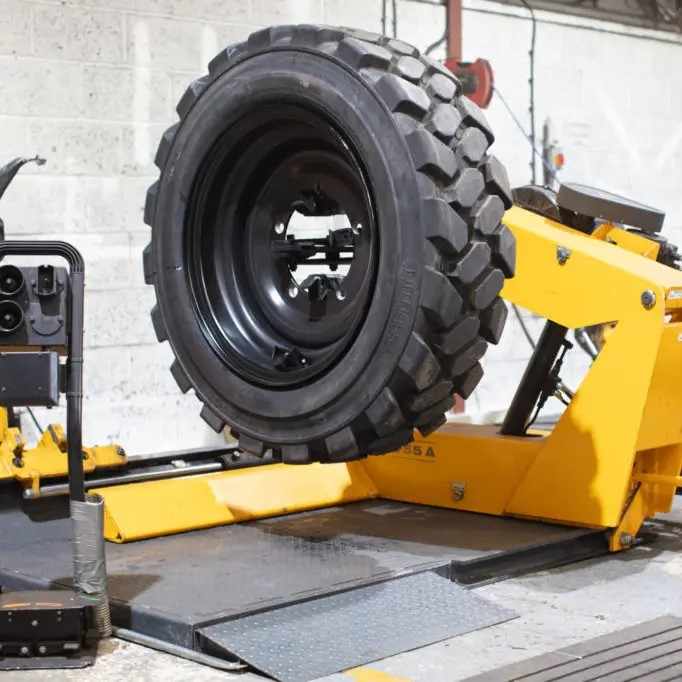In the world of farming and industrial operations, efficiency and durability are crucial factors that determine productivity. One of the most important components that contribute to seamless operations is the right set of agricultural tyres and wheels. These essential parts ensure smooth mobility, enhanced traction, and improved stability on different terrains. When sourced from reliable industrial wheel manufacturers, they offer long-lasting performance and help in reducing downtime, leading to increased efficiency in the field or workplace.
Importance of Quality Tyres and Wheels in Agriculture
Agriculture demands high-performance equipment capable of handling diverse and challenging conditions. The choice of agricultural tyres and wheels plays a significant role in determining how well machinery performs in different soil types, weather conditions, and operational requirements. From tractors to harvesters and sprayers, every piece of equipment relies on durable wheels to function optimally.
High-quality tyres provide excellent grip, reducing slippage and increasing the efficiency of machinery. Furthermore, they help in distributing the weight evenly, preventing soil compaction, which is a critical concern for farmers looking to maintain soil health. The use of top-tier tyres also contributes to fuel efficiency, as well-designed treads minimize rolling resistance, ultimately lowering operational costs.
Industrial Wheel Manufacturing: A Key to Durability and Efficiency
Reliable industrial wheel manufacturers understand the need for durability and performance. Their expertise lies in producing wheels that can withstand the rigors of heavy loads, rough terrains, and extreme weather conditions. These manufacturers employ advanced materials and innovative designs to create wheels that enhance stability and longevity.
Precision engineering is at the heart of high-quality wheel production. Each wheel undergoes rigorous testing to ensure it meets industry standards and provides the required support to heavy agricultural and industrial machinery. Whether it’s for plowing fields, transporting goods, or handling heavy equipment in industrial settings, wheels designed by experienced manufacturers ensure maximum productivity.
Choosing the Right Agricultural Tyres and Wheels
Selecting the best tyres and wheels for agricultural purposes involves considering several factors. One of the primary aspects to assess is the type of terrain on which the machinery operates. Soft, muddy fields require deep-treaded tyres for maximum traction, while firmer ground necessitates a different tread pattern to prevent excessive wear and tear.
Another factor to consider is load capacity. Agricultural machinery carries heavy loads, and the tyres must support the weight without compromising performance. Reinforced sidewalls, specialized rubber compounds, and strong bead structures all contribute to the overall durability of the tyres.
Matching the right wheels with suitable tyres is equally important. The wheel structure must complement the tyre's design to ensure efficient performance. A well-matched combination provides stability, reduces vibrations, and extends the lifespan of both components.
The Role of Innovation in Wheel Manufacturing
Modern industrial wheel manufacturers continually innovate to improve wheel performance. Advanced materials such as high-strength steel and lightweight alloys contribute to the durability and maneuverability of wheels. Additionally, smart manufacturing techniques, including robotic welding and computer-aided design, enhance precision and consistency in wheel production.
Another key innovation is the development of tubeless tyres, which reduce the risk of sudden deflation and improve safety. These advancements help farmers and industrial workers achieve higher efficiency while minimizing maintenance costs. Moreover, new tread designs and rubber compounds ensure that tyres last longer and provide superior performance under various conditions.
Maintenance and Care for Extended Lifespan
To maximize the lifespan of agricultural tyres and wheels, regular maintenance is essential. Checking tyre pressure periodically prevents premature wear and ensures fuel efficiency. Under-inflated tyres can cause excessive friction, leading to rapid deterioration, while over-inflated ones may reduce traction and increase the risk of damage.
Cleaning tyres and wheels after use helps remove debris, mud, and chemicals that could cause corrosion or deterioration. Rotating tyres periodically ensures even wear and prolongs their usability. Additionally, storing spare tyres and wheels in a cool, dry place prevents premature aging due to environmental factors such as excessive heat or moisture.




Write a comment ...